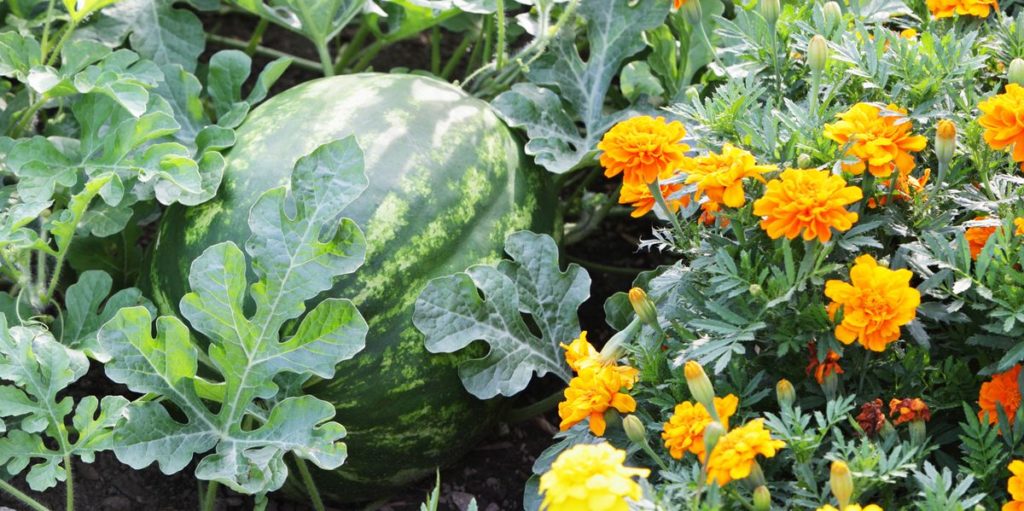
Sweltering summer brings many delights such as luscious mangoes, watery watermelon and musky muskmelon to soothe our body from rising temperature. Although WE have ample of options to skip the searing heat of Sun but the Plants do not have. They consumes neither own fruits to keep themselves hydrate nor can walk to a shady place to avoid the sun. Hot, dry wind elicits massive moisture loss from Plant’s verdure through evaporation which results into drying and wilting of leaves. Therefore, your garden plants solicit special attention & care from you during summer.
Reorganize your garden for the summer!
Plants can withstand hot, dry summer better if proper care and maintenance is pursued. WE propagate following summer gardening habits to protect plants grappling with heat stress.
1.Dusk & Dawn Rule: When, How Long and How often to Water?
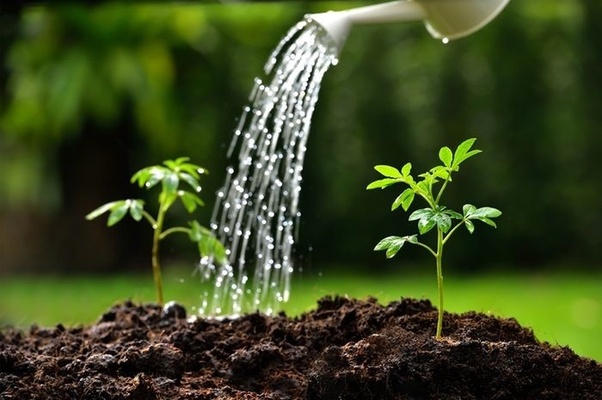
The plants should be watered early morning or in evening preferably before 7 AM or after 6:30 PM to proffer them good vigour.
Majorly it depends upon water retaining capacity of soil/media and how fast that moisture is being utilized? Water it to maintain favorable moisture content and not to get waterlogged. Regularly monitor the moisture level in the soil.
2.Location of The Plant:
Location plays a crucial role. Shady area curtails the summer stress for heat and intense sunlight sensitive plants. Along with it, the exposure towards winds should be considered when shifting plants as sensitive plant’s foliage may burn by hot, drying air movement.
Alternatively, you can provide a shade cloth(green or white) to shield your plants from the scorching sunlight.
3.Weekly Pruning:
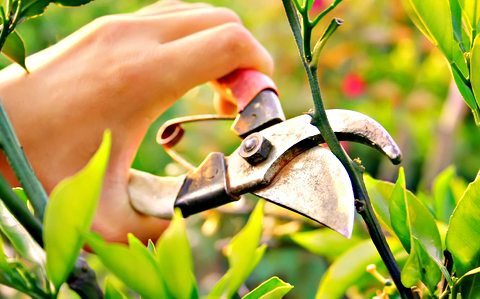
Trim your plants by cutting dead-dried branches, drying or diseased leaves and twigs once in a week to boosts its growth.
4.Mulching:

Hot soil shackle plant growth. Especially for shallow-rooted and pot plants it becomes more severe as deeper thriving roots can penetrate to a level of reduced soil temperature and more moisture content. Mulching the surface of soil helps in reducing soil temperature, retains soil moisture for a long time and prevents weeds.
Mulch Materials:
It can be bark of the tree, grass bits, sawdust, dried leaves, compost, onion and garlic skins, straw, clayballs and old cooler grass (mats of Khus) etc.
Replace the mulch when you see any sign of decomposition.
5.Rendering continual supply of Nutrients:
In hot weather, the nutrient reserves of plants are exhausted at much higher rate. Declining nutrient level may hamper plant growth and their deficiency symptoms quickly appear. Therefore the nutrients should be added frequently.
Composting would help in restoring nutrients reserve. Besides, there are few quick hacks that would replenish the nutrients rapidly.
Such as:
I) Curd Fertilizer:
Prepare a mixture of curd and water in a mud pot and then insert a copper spoon into the mix. Leave it for 10-15 days during which the white color of curd will turn into green. Dilute it with water and spray.
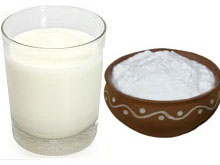
II)Milk as a Fertilizer:
Either use 100% milk or dilute it with water. Spray it (preferably raw milk) on the soil. It also improves soil health. As we all know it is a proven source of calcium and it contains other beneficial proteins, vitamins and micronutrients which can boost up plant growth.
III)Wood Ash:
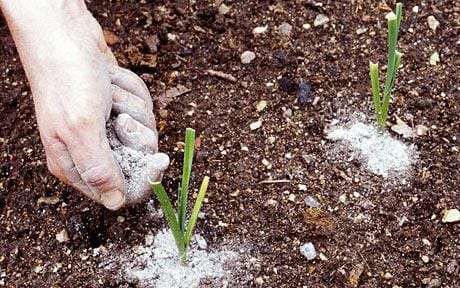
It is a valuable source of nutrients. Wood Ash has a high potassium content which emboldens flowering and fruiting. It also contains phosphorous as well as several micronutrients including manganese, iron, zinc and calcium.
Younger wood, such as twigs carries high amount of nutrients than older woods. Burning your trimmed twigs, dead wood or leaves might be worthwhile.
6.Protection against Diseases:
Protecting plants from microbial infestation and insect attack becomes very necessary for survival of the plant. Spraying Neem oil over the plant guards it against many disease causing agents. Additionally, Milk can be used to control aphids, thrips, spider mites as well as an fungicide to prevent molds, rot and powdery mildew up to a certain extent.
Plants frequently wilts in hot weather which is followed by dangling of both leaves and flowers. The necessity of tender care becomes more prominent in summer. WE hope that this constructive information will help you to preserve your garden lush green All Summer Long!
